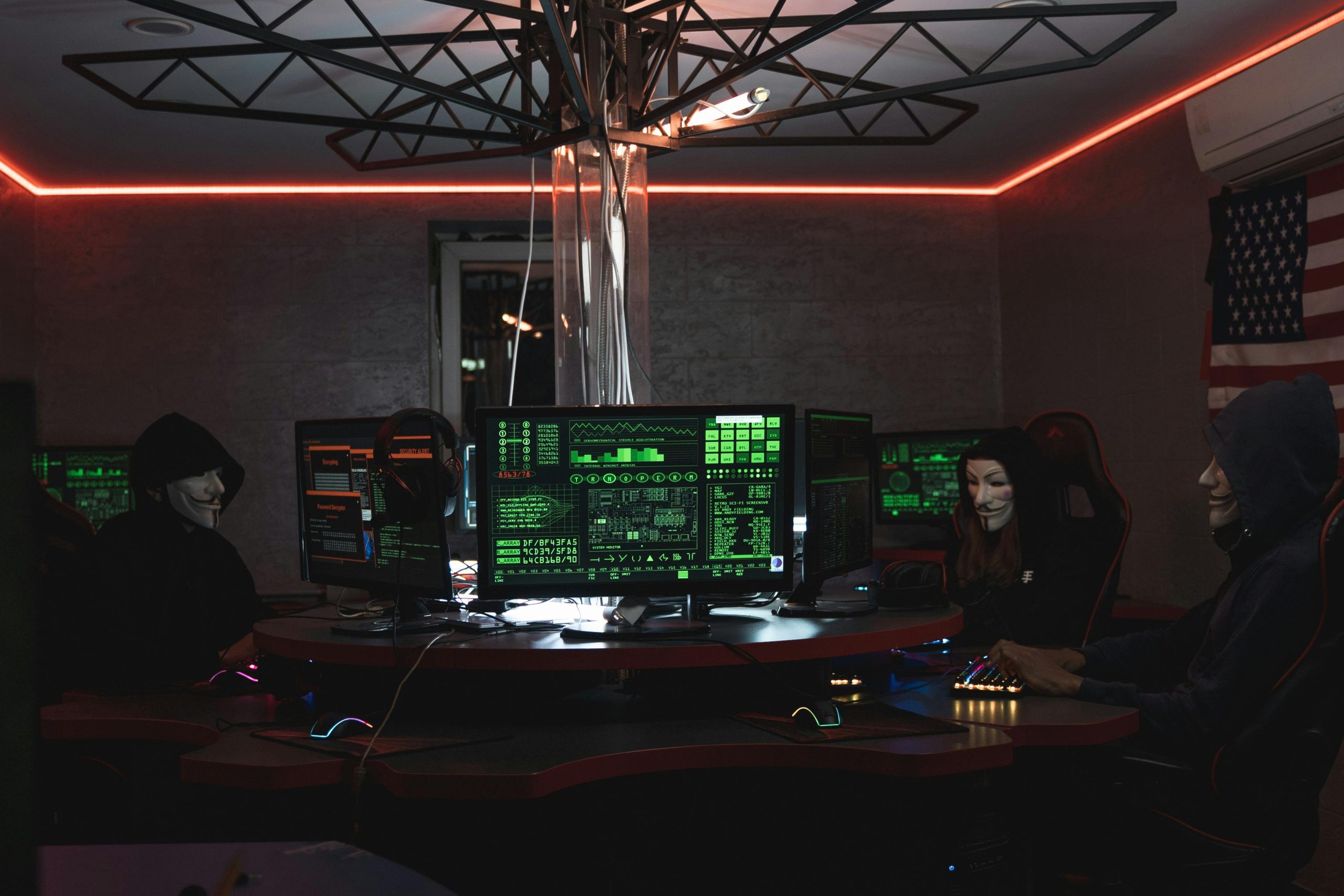Unseen and Captivating: An Overlooked Danger Challenging Our Free Will
The Hidden Threat to Our Free Will: How Our Attention is Under Siege
In conversations about artificial intelligence, the dangers often conjure dramatic images—killer robots, dystopian takeovers, or machines controlling human lives in a digital matrix. These sensational scenarios tend to dominate the narrative, emphasizing sudden, explosive threats. However, the true peril might be far less conspicuous but equally, if not more, impactful: the gradual erosion of our attention and, ultimately, our autonomy.
Our perception of reality—our worldview—is fundamentally shaped by the information our brains absorb over a lifetime. From the language we speak, to our beliefs, trust, and political perspectives, everything is an ongoing process of importing data through our senses. When we stop to reflect, it’s clear how much of our understanding of ourselves and the world stems from what we’ve internalized.
All animals with brains learn from their environments, allowing them to adapt and survive within their lifespans. But humans possess a unique capability: we can transmit and shape worldview through symbols—language, stories, writing, and now, digital media. This ability to communicate complex ideas not only fuels civilization but also forms its core vulnerability.
Historically, the power of symbols has been immense. Written language emerged around 5,000 years ago, and for most of human history, literacy was a rarity. Most worldview formation depended on direct experience, with limited influence from the literate elite. Then, in the 20th century, television revolutionized information dissemination—instantaneous, visual, and accessible without requiring literacy. This medium dramatically increased the fraction of our worldview shaped by symbolic transmission.
Growing up in the late 1980s, I remember a single television in the household—often never turned on. Today, screens are ubiquitous, constantly vying for our attention. Algorithms now personalize content, learning about us at an unprecedented scale. They don’t just show us what’s popular; they adapt to our preferences, influencing what we see, think, and believe.
Imagine a reality where algorithms understand you better than you understand yourself—where a significant part of your worldview is curated beyond your direct experience. That scenario signals a profound threat to free will: the gradual, almost imperceptible takeover of our symbolic environment. We are becoming more like puppets, unknowingly manipulated by a vast interconnected system—the internet’s nervous system.
This isn’t a distant possibility; it’s our present reality. Each year, the influence of digital and algorithmic conditioning grows














Post Comment